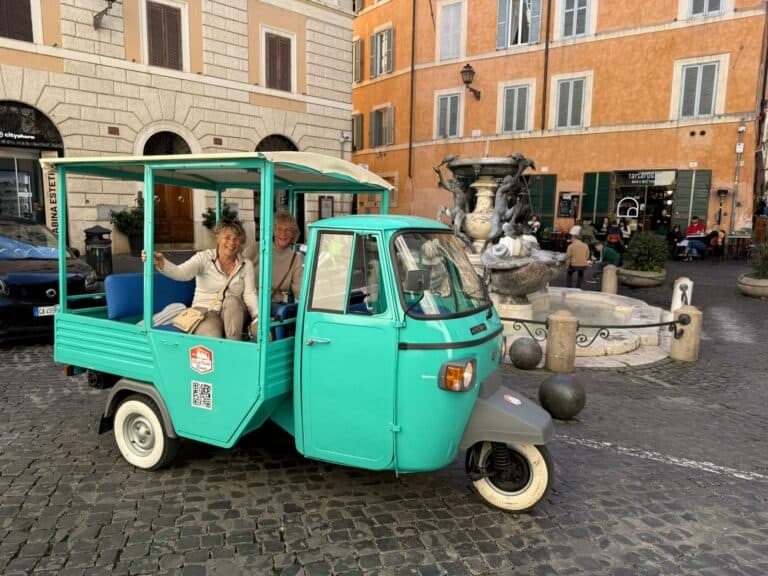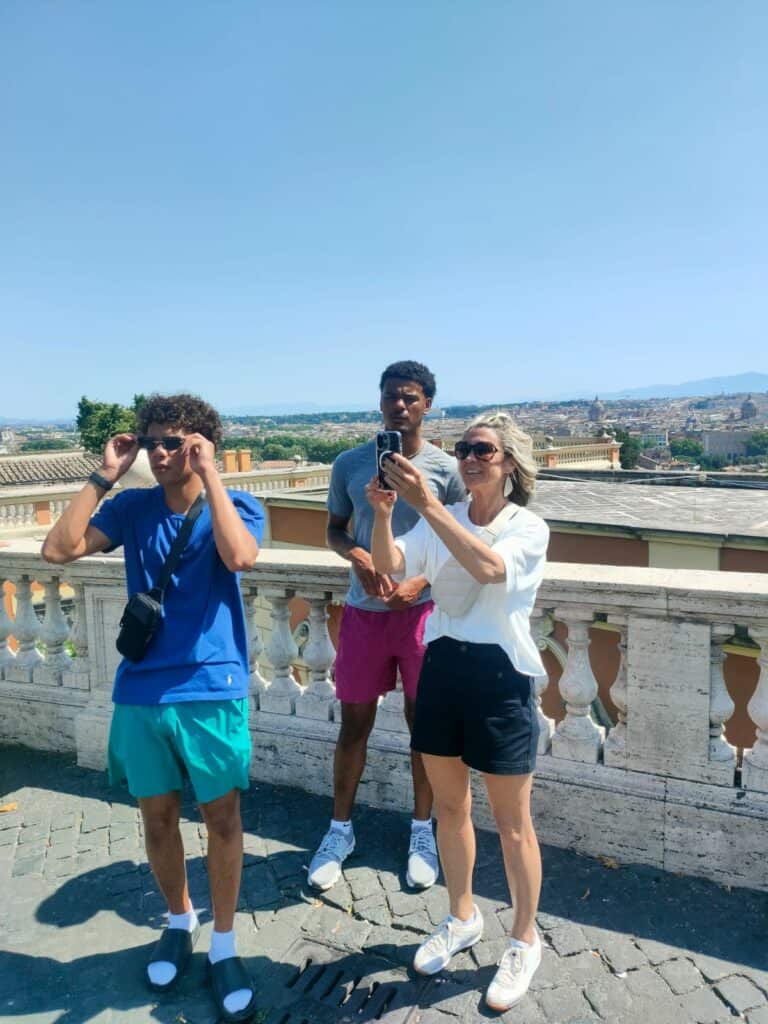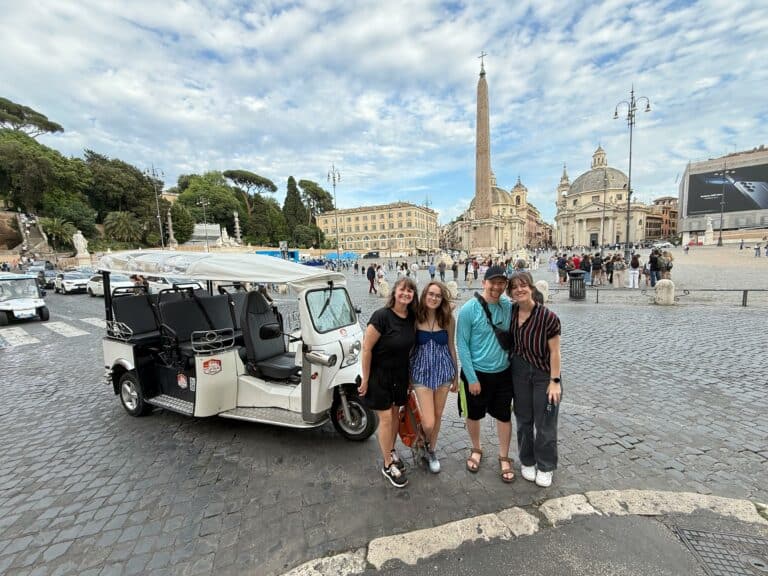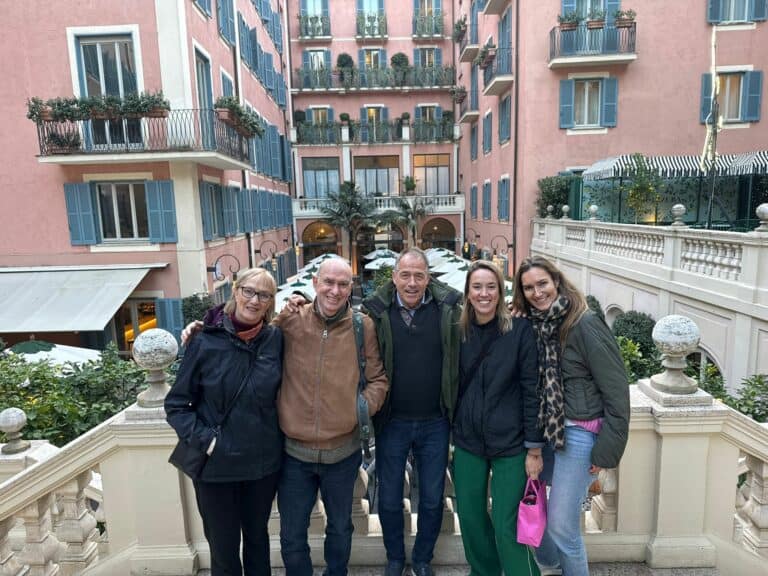The Catholic Church periodically observes a Jubilee Year, a special Holy Year of grace and pilgrimage. As the Church prepares for the 2025 Jubilee, themed “Pilgrims of Hope,” Pope Francis has placed a distinct and powerful emphasis on one of its most profound elements: the Jubilee of the Poor. This is not merely an event on a calendar but a profound invitation to the entire Church to re-center its mission on the Gospel’s core message. It calls for a radical inclusion that sees Christ in the marginalized and challenges the faithful to move beyond charity toward transformative justice and solidarity. This guide offers a comprehensive exploration of the Jubilee of the Poor, delving into its meaning, historical roots, and practical observance, providing a roadmap for all who wish to answer this urgent call.
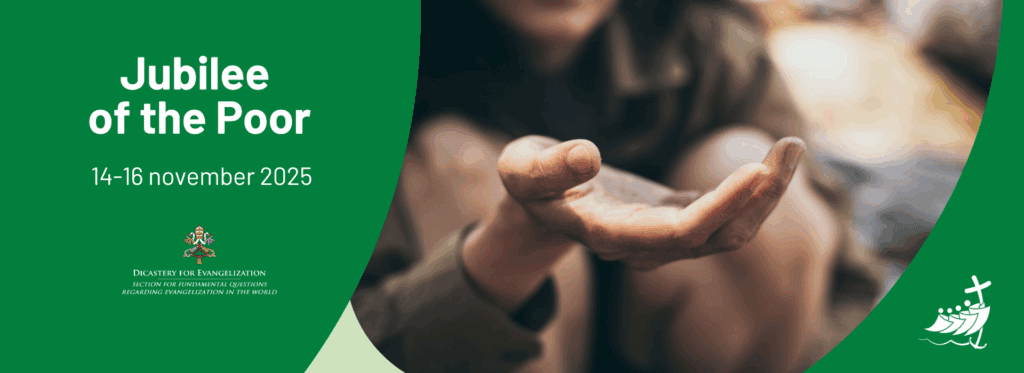
What is the Jubilee of the Poor?
The Jubilee of the Poor is a designated period within the broader Jubilee Year that specifically highlights and celebrates the role of the poor in the life of the Church and the world. It is a time for focused prayer, action, and reflection on poverty and social exclusion. Culminating in events often coinciding with the World Day of the Poor, it serves as the spiritual and pastoral heart of the Holy Year, reminding all pilgrims that the path to grace is inextricably linked to our relationship with the vulnerable.
Why a Focused Guide on the Poor? (Distinguishing it from a general Jubilee Year)
The Jubilee of the Poor marks a shift from viewing the poor as passive recipients of charity to recognizing them as active, central agents of evangelization and hope within the Church.
While every Jubilee Year calls for acts of mercy, a specific Jubilee of the Poor elevates this mandate from a general principle to a central, organizing theme. It distinguishes itself by intentionally placing those on the peripheries at the very center of the Church’s celebration. It challenges a passive view of the poor as mere recipients of aid. Instead, it presents them as active agents of evangelization and primary witnesses to hope, whose faith and resilience offer a crucial lesson to a world often consumed by materialism. This focus ensures the Jubilee remains grounded in the life and teachings of Jesus.
The Guiding Vision of Hope: Spes Non Confundit
The guiding document for the 2025 Jubilee is the papal bull Spes Non Confundit (“Hope Does Not Disappoint”). In it, Pope Francis articulates that Christian hope is not naive optimism but a firm conviction rooted in God’s love. For the Jubilee of the Poor, this theme is particularly poignant. It is a declaration that even in the face of immense suffering and injustice, the hope for liberation, dignity, and salvation remains steadfast. This papal vision frames the Jubilee as an active journey where all the faithful become “Pilgrims of Hope” alongside the poor, working to build a future where God’s justice reigns.
The Ancient Roots and Evolving Meaning of the Jubilee
The concept of a Jubilee is not a modern invention; its origins are deeply embedded in sacred scripture and have evolved over centuries, consistently carrying a thread of social and spiritual liberation that finds its ultimate expression in the focus on the poor.
Biblical Foundations: Restoration and Release
The Jubilee tradition is rooted in the Old Testament, where it represented a radical societal reset. It was a time for restoring balance, righting wrongs, and acknowledging that all creation ultimately belongs to God. This principle of restoration was not merely symbolic; it had concrete social, economic, and spiritual implications for the most vulnerable members of society. It was a divinely mandated mechanism for preventing entrenched poverty and ensuring justice for all generations.
Yobel and the Year of the Lord’s Favor
The term “Jubilee” derives from the Hebrew word yobel, referring to the ram’s horn trumpet blown to announce this special year. As detailed in Leviticus 25:8-13, the Jubilee was to be celebrated every fifty years, following seven cycles of seven years. Proclaimed on the Day of Atonement (Yom Kippur), it mandated the release of slaves, the forgiveness of debts, and the return of ancestral lands to their original families. This was a profound act of social justice, intended to prevent the accumulation of wealth in the hands of a few and the permanent destitution of others. The prophet Isaiah later expanded on this theme, prophesying a “year of the Lord’s favor” marked by good news for the oppressed and liberty for captives.
Jesus Christ: Fulfilling the Jubilee’s Promise
In the Gospel of Luke, Jesus inaugurates his public ministry by entering a synagogue, reading the scroll from the prophet Isaiah, and declaring, “Today this scripture has been fulfilled in your hearing.” In doing so, Jesus Christ identified himself as the fulfillment of the Jubilee’s promise. His entire life and ministry—healing the sick, eating with outcasts, and proclaiming good news to the poor—embodied the true spirit of the Jubilee. His message of salvation is one of holistic liberation, freeing humanity not only from sin but also from the social and economic structures that oppress and dehumanize.
Pope Francis’ Vision: The Jubilee of the Poor at the Heart of the Church
The current emphasis on the Jubilee of the Poor is a direct result of the pastoral vision of Pope Francis. Throughout his papacy, the Holy Father has consistently sought to create a “poor Church for the poor,” and this Jubilee focus is a cornerstone of that effort.
A Papacy Defined by Mercy and the Marginalized
From the moment he chose the name Francis, inspired by Saint Francis of Assisi, this Pope has made solidarity with the poor and marginalized a defining characteristic of his pontificate. His teachings, encyclicals, and personal actions consistently point the Church toward the peripheries. For Pope Francis, encountering the poor is not an optional act of charity but an essential element of Christian discipleship. This vision transforms the Jubilee from a historical tradition into a contemporary and urgent mission.
The Extraordinary Jubilee of Mercy as a Precursor
The 2015-2016 Extraordinary Jubilee of Mercy served as a crucial precursor to the current Jubilee of the Poor. It re-centered the Church’s focus on the boundless nature of Divine Mercy and called for concrete works of compassion. At the conclusion of that Holy Year, Pope Francis issued the apostolic letter Misericordia et misera, in which he established the World Day of the Poor, ensuring that the fruits of the Jubilee of Mercy would become a perennial activity and a lasting legacy within the Church.
The World Day of the Poor: A Call to Constant Vigilance and Action
The World Day of the Poor, celebrated annually on the Thirty-Third Sunday in Ordinary Time, is now a fixture in the liturgical calendar. It provides a dedicated moment for communities to reflect on the Gospel’s call to serve the needy and to engage in concrete actions of solidarity. By embedding the Jubilee of the Poor within this now-established observance, the Vatican ensures that the Jubilee’s message will not fade after the Holy Year concludes but will continue to inspire action and pastoral conversion year after year.
Identifying the “Poor”: Beyond Material Need
Pope Francis’s vision calls for an expansive understanding of poverty. The “poor” are not only those lacking material resources but also refugees forced from their homes, the unemployed, the socially excluded, the sick, the elderly, and the imprisoned. This recalls the Gospel parable of the rich man and Lazarus, where poverty is also about being invisible and ignored. Furthermore, the Holy See also speaks of spiritual poverty—the profound emptiness and lack of meaning that can afflict even the materially wealthy. The Jubilee of the Poor is an invitation to minister to all these forms of human suffering.
Theological and Spiritual Significance: Why the Poor are Central
The decision to place the poor at the heart of the Jubilee is not merely a pastoral strategy; it is a profound theological statement rooted in the very nature of God and the mission of the Church.
The Gospel Mandate: Encountering Christ in the Vulnerable
The Gospel makes it unequivocally clear that an encounter with the poor is an encounter with Jesus himself. In Matthew 25, Jesus states, “Whatever you did for one of these least brothers of mine, you did for me.” This is not a metaphor; it is a foundational truth of Christian faith. The Jubilee of the Poor calls the faithful to move beyond abstract concepts and to see the face of Christ in the hungry, the thirsty, the stranger, and the imprisoned. This encounter is a source of grace and a path to salvation.
God’s Preferential Option for the Poor
The “preferential option for the poor” is a central principle of Catholic social teaching, affirmed in the Catechism of the Catholic Church and woven throughout the Bible. This does not mean God loves the poor more than others, but that God’s love and justice have a universal destination, requiring a special solidarity with those whose dignity is most threatened. The Jubilee of the Poor is a powerful liturgical and pastoral expression of this option, calling the entire Church to align its priorities with God’s and to work actively for a more just society that reflects the Kingdom on earth.
The Jubilee as a Time for Justice, Reparation, and Transformation
The Jubilee is more than a call for charity; it is a call for justice. It invites a deep examination of the systemic and structural sins that create and perpetuate poverty. It is a time for reparation—for acknowledging and working to heal the wounds caused by injustice. This requires more than giving alms; it demands a “pastoral conversion” of hearts and minds. It calls for dialogue with the poor, listening to their experiences, and empowering them to become agents of their own transformation, leading to a profound change in both individuals and society.
Embracing Divine Mercy through Service
Service to the poor is a primary channel through which believers can experience and extend Divine Mercy. When we serve the vulnerable, we participate in God’s own compassionate work in the world. This act of service becomes a powerful form of evangelization, a tangible witness to the love of God that can touch hearts more effectively than words alone. The Jubilee of the Poor reminds us that faith, to be authentic, must be expressed through concrete acts of love and mercy.
Observing the Jubilee of the Poor: A Guide to Action and Participation
The Jubilee of the Poor is not a spectator event. It is a deeply personal and communal journey that calls for active participation. Here are concrete ways to observe this sacred time.
Personal Spiritual Engagement: A Journey of Conversion
The foundation of any Jubilee observance is a personal commitment to spiritual renewal. This involves intentionally seeking a conversion of heart, turning away from indifference and consumerism, and opening oneself more fully to the needs of others.
The Sacrament of Reconciliation: Renewing Our Hearts
A central practice of any Jubilee Year is receiving the Sacrament of Reconciliation (Confession). This sacrament offers a profound opportunity to acknowledge our sins of omission and indifference toward the poor, receive God’s forgiveness, and gain the grace to live more justly and compassionately.
Eucharistic Celebration and Adoration: Sustaining Our Spirit
Participation in the Holy Mass is the source and summit of Christian life. During the Jubilee, attending Eucharistic Celebration with a specific intention for the poor deepens our solidarity. Spending time in Eucharistic adoration allows for quiet reflection on Christ’s presence in both the Blessed Sacrament and in the poor, sustaining our spirit for the work ahead.
Prayer and Scripture Reflection: Deepening Understanding
Dedicating time to prayer and scripture reflection is essential. Meditating on Gospel passages that highlight Jesus’s ministry to the poor, or engaging in Marian prayer like the Rosary, can deepen our understanding and move our hearts to action. This spirituality provides the fuel for our service.
Concrete Acts of Charity and Service: Living Out the Jubilee
Faith without works is dead. The Jubilee of the Poor demands tangible action that alleviates suffering and restores dignity.
Supporting Catholic Social Action and Networks
Engage with established organizations dedicated to serving the poor. Bodies like the Dicastery for the Service of Charity (the Papal Almoner) or national groups like the Catholic Social Action Network provide effective channels to support well-organized, impactful initiatives that address the root causes of poverty.
Practical Assistance: Food Banks, Shelters, and Outreach to Refugees
Get involved at the local level. Volunteer at food banks, serve meals at shelters, or support programs that assist refugees and migrants. These simple acts provide immediate relief and create opportunities for personal encounters that break down barriers of fear and prejudice.
Advocating for Systemic Change: Upholding Human Dignity
Beyond direct service, the Jubilee calls us to advocate for systemic change. This can involve supporting campaigns like “Love the Stranger,” which promotes just and compassionate policies for migrants, or engaging in local efforts to address issues like affordable housing and fair wages. This work gives a voice to the voiceless, echoing the cry of the poor found in Psalm 71.
Community and Diocesan Initiatives
The Jubilee is a communal celebration. Look for and participate in initiatives organized by your local parish or diocese.
Local Church Programs and Events
Many dioceses and parishes will host special religious events, social events, and cultural events to mark the Jubilee of the Poor. This may include special Masses, prayer vigils, collections for the needy, or educational forums. Participating in these events strengthens communal bonds and amplifies the impact of individual efforts. Many dioceses will also designate specific Jubilee Churches where pilgrims can visit to pray and receive the Jubilee indulgence, creating local centers for this sacred observance.
Conclusion
The Jubilee of the Poor is a profound and timely call from the Holy Father for the Church to rediscover its most authentic identity. It challenges us to move beyond superficial charity and to engage in a deep, transformative solidarity with the marginalized. This is not simply about helping the poor; it is about recognizing that they are essential to the Church’s mission and are, in fact, powerful witnesses of hope. By embracing this Jubilee, we are not only serving others but are also drawing closer to Christ himself, who identifies with the least among us.
As we journey through this Holy Year as “Pilgrims of Hope,” let us make a conscious decision to walk alongside our brothers and sisters in need. Let us commit to personal conversion through prayer and the sacraments, engage in concrete acts of service and justice, and participate fully in the life of our local church communities. By doing so, we answer the call of the Jubilee and help build a world where the hope promised by the Gospel becomes a tangible reality for all.


